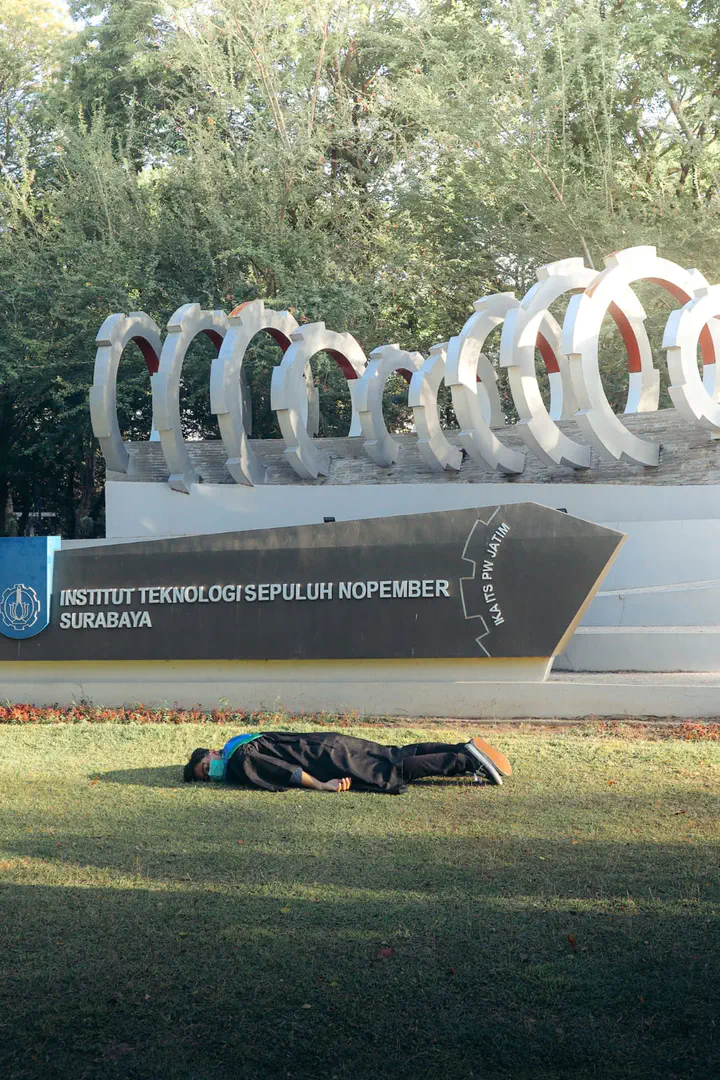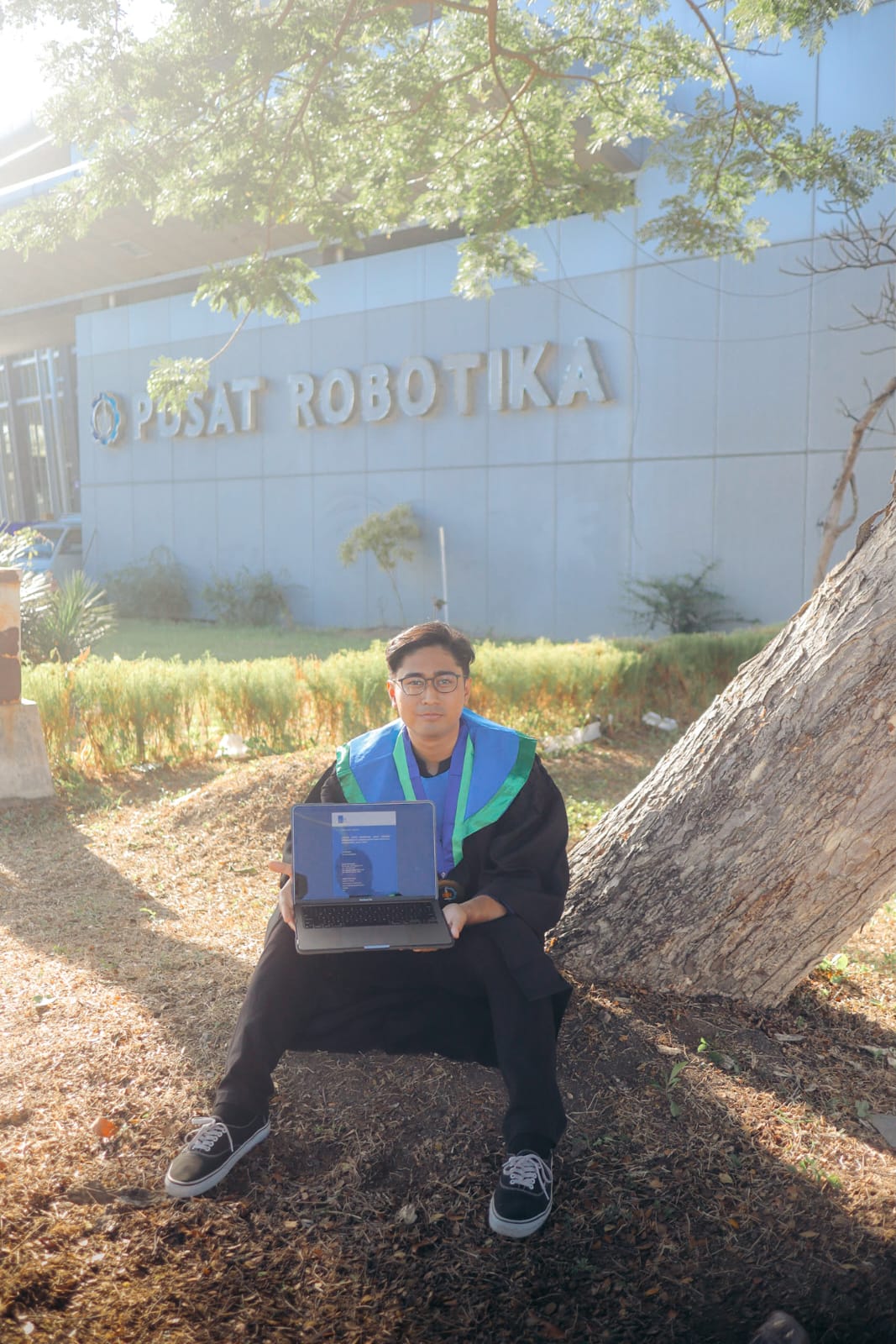When your family’s survival is the reason you’re in science

I grew up in a place where dreams were not something people chased. They were something people learned to live without. My childhood was shaped by routines that revolved around staying afloat, keeping up in school, and helping my family manage whatever came next. Becoming a scientist was not even an idea. I didn’t have the space to imagine anything beyond the immediate demands of life.
My path into education began less with hope than with pressure. I stayed in school because leaving would have closed off the only narrow route upward my family could see. You didn’t think about what you wanted to become. You thought about what you needed to avoid.
In Indonesia, the gateway to this route is a brutal filter. The country’s top public universities which is the only ones that offer a genuine ladder out of poverty accept fewer than five percent of applicants for their most competitive programs. For the wealthy, a rejection is a detour, but for my family, it would have been a dead end.
But for students from my background, the academic hurdle was only half the battle. We faced a “double lock.” First, I had to score in the top percentile on the national exam to secure a seat. Second, I had to win the administrative war for funding. I relied on government aid schemes which are notoriously limited and bureaucratic. I had to prove my poverty with the same rigor that I proved my intellect. There was no safety net at all, if I missed the cutoff for the university, I couldn’t afford to go. If I got in but missed the scholarship quota, I couldn’t afford to stay. The pressure was not just to succeed, but to be perfect, because the system had no margin for my errors.
When I finally made it to university, it felt like entering a room where everyone else understood something I didn’t. People talked about interests they had cultivated for years, about academic ambitions and research passions. Their confidence came from a stability I had never known. I listened, but my mind drifted elsewhere, to the people at home who had given up far more than I liked to admit so that I could sit in those classrooms at all. With this, my education never felt like mine alone.

Studying abroad reinforced this feeling rather than easing it. My first time living outside Indonesia was in Thailand during a student exchange. Everything was new, but responsibility traveled with me too. Later, in Poland for an Erasmus program, I divided my days between classes and remote jobs so I could send money home and help my family pay off debts. The experience was often portrayed as cultural enrichment, but for me it was practical, because I had to learn quickly, adapt fast, earn what I can, and just keep going. It taught me how to live with uncertainty, but it also made clear that distance does not dilute obligation.
By the time I moved to Vienna for my PhD, the rhythm of living between countries felt familiar, but the contrast between my background and the backgrounds of many around me was unavoidable. I met people who carried an ease that I couldn’t imitate, people who spoke about their research in a way that assumed a foundation of security, from emotional, financial, familial. I didn’t envy their confidence. I simply noticed the difference. They could experiment, switch directions, or fail without fearing the collapse of something larger. I had learned to move differently. My decisions were quieterand more deliberate because the cost of a wrong turn extended beyond my own life.
None of this appeared in the way academia talked about itself. The environment assumed an equal starting point, as if everyone arrived with the same freedom to dream. But many students carry histories that shape their presence in science long before any experiment or project begins. Some come from families that can absorb uncertainty. Others come from families that cannot.
Carrying responsibility across borders is not dramatic. It becomes part of the background of daily life. You wake up, go to the lab, write, run instruments, go home, and somewhere in the middle of all of it, you send a message back to your family asking if everything is alright, hoping the answer is uncomplicated. You measure progress in ways that don’t appear on CVs: stability at home, fewer debts, fewer emergencies.
Over time, I learned that the pressure I felt was not just weight. It also became a kind of clarity. My motivation didn’t come from childhood fascination or early scientific exposure. It came from wanting life to be different, of course not only for me, but for the people who had made each step possible. That kind of motivation is steady. It does not fluctuate when enthusiasm fades or when research becomes difficult.
It also made me sensitive to things others might overlook. I valued stability because I had rarely experienced it. I valued mentorship because I knew what it meant to move through education without guidance. I took opportunities seriously because nothing about my path had been guaranteed. And I paid attention to the quiet inequalities around me, inculding the differences in how students handled setbacks, the different ways people approached uncertainty, the unspoken advantages that some carried effortlessly. Note that these observations weren’t judgments, they were simply reminders of how varied the paths into science can be.
Many international students live with similar conditions. They study while supporting families, manage worries across time zones, and carry responsibilities that remain invisible in academic settings. They do their work alongside everything else, without expecting the environment around them to understand. Their stories rarely make it into the ways universities describe opportunity, merit, or ambition. I often think about what dreams mean now. Not the large, dramatic kind, but the smaller ones which is stability, time, the feeling of being able to choose rather than react.
I am still learning how to imagine a future that belongs to me rather than to obligation. But I also know that I would not be here without the people who pushed and hoped and sacrificed long before I had the language for any of this. Their efforts travel with me into every laboratory, meeting, and classroom. That weight shaped the way I entered science. It still shapes how I move through it. Acknowledging it does not make my work less scientific. It simply tells the truth about the conditions from which my scientific life grew.
Thank you :D